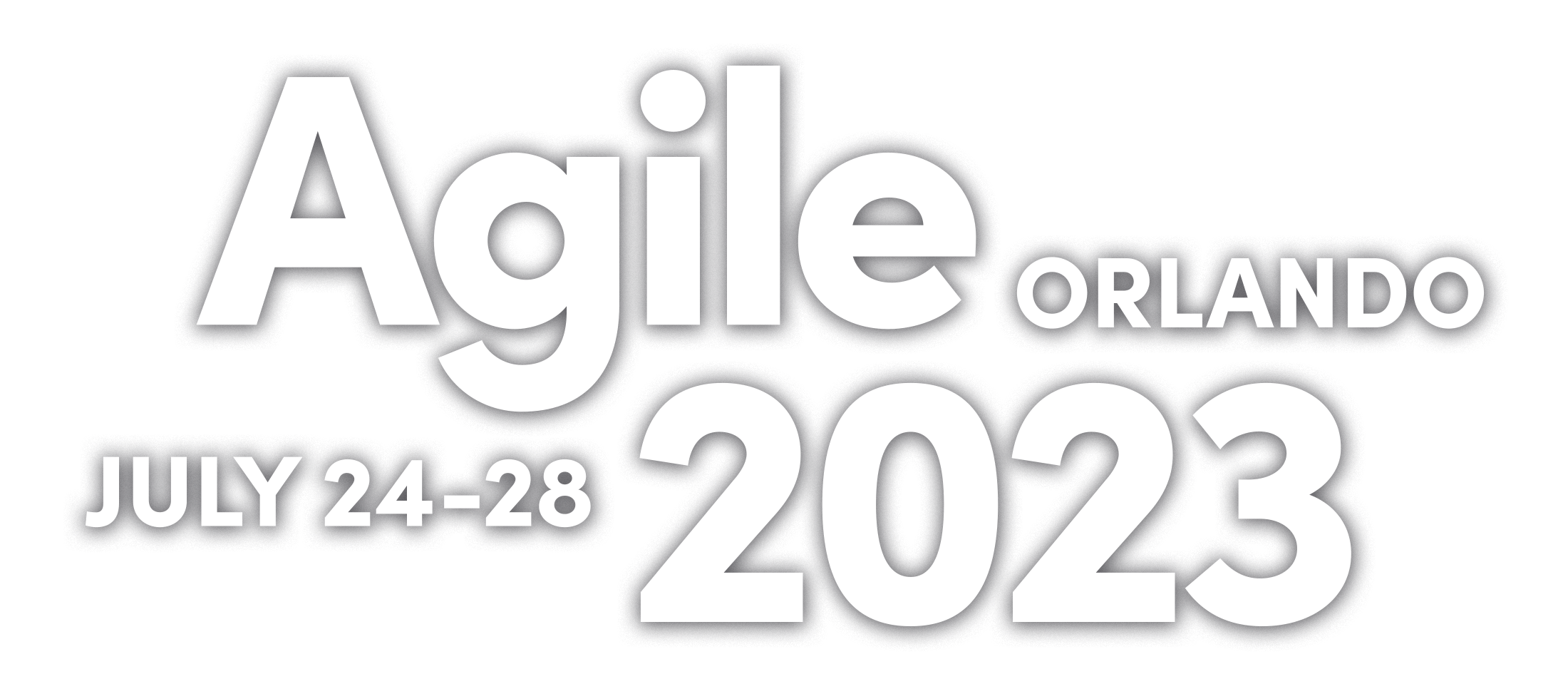Want to dive into some topics in more depth? Want to learn techniques for handling those constructive conflict or debate situations?
Check out Audacious Salon track
The Audacious Salon at Agile2023 is exactly what you might imagine such an audacious name to be: An invitation to participate in dialogue and discussion of the most adventurous, bold, and daring topics one might find at the conference. This year’s edition of the Audacious Salon takes aim at four intriguing themes which challenge our closely held norms, beliefs, and assumptions:
- What “necessary evils” must we continue to support and grow in our mission of agility throughout our organizations? Let’s explore sticky subjects like…
Frameworks, Certifications, Scaling, and enterprise-size systems
- How does “Agile coaching” need to evolve to be a greater benefit to organizations? Agile coaches often have more experience telling others how to do things, than doing them themselves. What if Management is really where “Agile coaching” should be? Can coaches cause change w/o explicit authority?
- Is Agile the solution to all that ails a business? We sure seem to use Agile for a lot of problems. What might help companies improve results more than Agile today? What can we learn from Queuing systems and flow, “The Covid era” and remote working, Organizational design and development, and Management as a “service” (to people)
- It seems like every year companies push for troublesome practices like “performance management”, metrics and measurements, accountability, etc. How can we finally realize these things in a healthy, productive way?
Performance management, Accountability, Measurement and metrics, and more!
Featuring a “daily debate” and multiple group-dialog-focused sessions throughout the week, the Audacious Salon is the place for the wisdom of the entire conference to emerge! Despite its audacious nature, the Salon is carefully designed for inclusion and participation and is a safe place to discuss beliefs.
You’re all invited to bring your wisdom and insights to the Audacious Salon at Agile 2023 and help create a world of work that is inclusive, flexible, and innovative. Come join the discussion!


